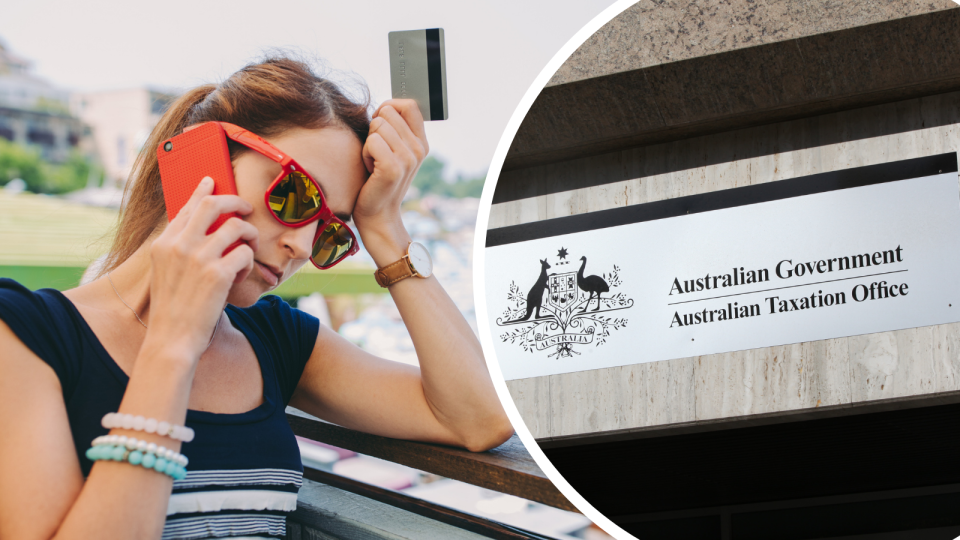'Hang up': ATO warns of new tax scam

The Australian Taxation Office is warning Aussies not to fall for a scam phone call that claims the victim owes a tax debt.
The ATO said it was concerned about the number of Australians paying fake tax debts to scammers.
“Scammers pretending to be from the ATO are contacting members of the community, telling them that they have a tax debt and that if they don't pay it straight away they will be arrested,” the office said in a statement.
They may attempt to ask for payment in forms other than cash, the ATO warned.
“These scammers will often request payment through unusual methods, such as cryptocurrency, pre-paid credit cards or gift cards, and will try to keep people on the line until they have paid.”
“If you receive a phone call, text message or voicemail like this, don't send payment or provide any personal information. Hang up and delete the message.”
The ATO will never try to threaten you with immediate arrest or ask for payment in unusual ways.
If you’re not sure whether it’s the ATO that has called you, hang up and ring 1800 008 540 to check.
The tax man also advised having a strong grasp on your tax affairs, which you can check through myGov.
“Help us stop scammers in their tracks by warning your friends and family to stay alert.”
Scammers are taking advantage of fear and uncertainty during Covid-19, with more than $91 million lost to scammers this year alone.
Roughly 24,000 have filed scam reports complaining of stolen personal information, according to the competition watchdog, an uptick of 55 per cent compared to this time last year.
Scammers may be looking for passport details, drivers licenses, credit cards, tax statements, utility bills or Medicare details to impersonate the victim and access super, bank accounts, loans, or even social media.
Scams may also appear in the form of a text message that appears as though it is from the ATO, asking victims to verify their details or their “account will be locked”.
Cyber criminals are also impersonating the NBN in order to fool people.
Scammers also prefer to impersonate trusted institutions, such as the big banks, in order to gain people’s trust and trick them into inputting their banking details.
Make your money work with Yahoo Finance’s daily newsletter. Sign up here and stay on top of the latest money, property and economy news.
Follow Yahoo Finance Australia on Facebook, Twitter, Instagram and LinkedIn.

 Yahoo Finance
Yahoo Finance 

